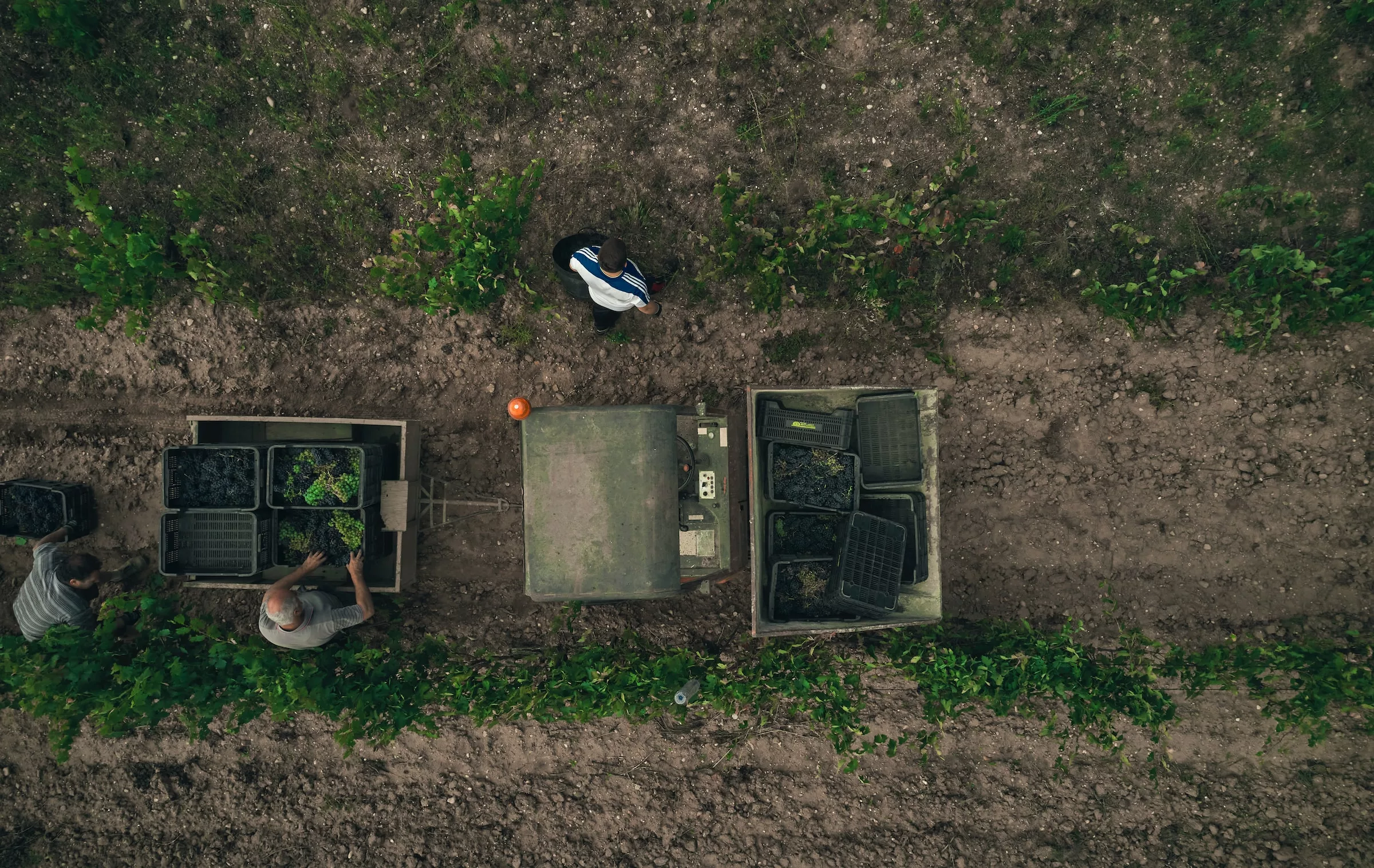A well-planned garden can bring immense joy and satisfaction. By carefully considering the layout, size, and plant selection, you can create an enjoyable and low-maintenance gardening experience tailored to your needs and preferences. In this post, we’ll explore various options for each aspect of garden planning, keeping in mind the relaxed and enjoyable gardening style that we cherish.
Popular Garden Layout Options
1. Traditional Row Gardening

Pros: Easy to plan, simple to maintain
Cons: Less efficient use of space, higher water usage
Traditional row gardening involves planting vegetables in straight, evenly-spaced rows with paths in between. This method is straightforward, easy to maintain, and suitable for large gardens.
2. Raised Bed Gardening
Pros: Improved soil quality, easier on the back, efficient use of space
Cons: Initial cost and setup, may dry out faster
Raised bed gardening involves growing plants in contained, elevated soil beds, usually made of wood, stone, or metal. This method allows for better soil quality, easier access, and more efficient use of space, making it ideal for smaller gardens or those with poor soil quality.

Garden Size Options
Small Gardens
Pros: Easier to maintain, less time-consuming
Cons: Limited plant variety, may require more creativity for space utilization
Small gardens are perfect for those with limited space or time. Though plant variety may be limited, a small garden still offers the opportunity to enjoy gardening and grow your favorite plants.
It might be wise to start small and expand later.
Medium Gardens
Pros: More plant variety, room for experimentation
Cons: Requires more maintenance and planning than small gardens
Medium-sized gardens provide a balance between plant variety and maintenance. With more space, you can experiment with different plants, layouts, and gardening techniques to create a truly unique garden.
Large Gardens
Pros: Ample space for diverse plantings, opportunity for large-scale projects
Cons: Time-consuming maintenance, requires more planning
Large gardens offer the most space for diverse plantings and large-scale gardening projects. However, they also require more maintenance and planning to ensure a successful and enjoyable gardening experience.
Plant Selection Options
When choosing plants for your garden, consider your climate, available space, and personal preferences. Aim for a mix of plants that thrive in different conditions to create a diverse, resilient garden.
1. Vegetables
Choose a variety of vegetables based on your climate, available space, and personal taste. Consider mixing sunshine-loving, mixed sun/shade-loving, and shade-thriving plants to accommodate different areas of your garden.
2. Herbs
Herbs are a great addition to any garden, offering both culinary and medicinal benefits. Consider planting herbs like basil, parsley, cilantro, and mint to enhance your garden’s productivity and diversity.
3. Fruits and berries
Consider adding a section of your garden for perennial plants. These likely will include fruit trees and berries.
4. Flowers
Incorporate flowers into your garden to create a visually stunning landscape and attract beneficial insects. Choose flowers that complement your vegetable and herb plantings or opt for edible flowers to add even more diversity to your harvest.
Conclusion
Planning your dream garden is an exciting and rewarding process. By considering various options for layout, size, and plant selection, you can create a garden that is uniquely yours and brings you joy for years to come. Remember, the key to enjoyable gardening lies in finding the perfect balance between aesthetics, functionality, and personal preferences.
Share your garden planning tips and experiences in the comments below!
Join Our Gardening Newsletter for More Tips
If you enjoyed reading this, don’t hesitate to subscribe to our newsletter for a wealth of gardening knowledge and insights. Stay up-to-date on the latest gardening trends, tips, and know-how, and make your green thumb even greener.



